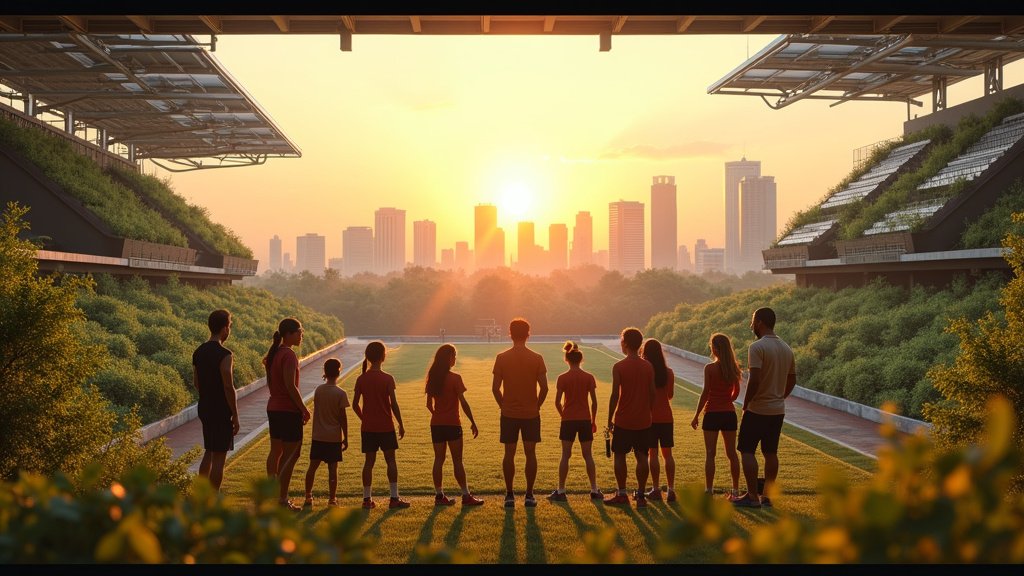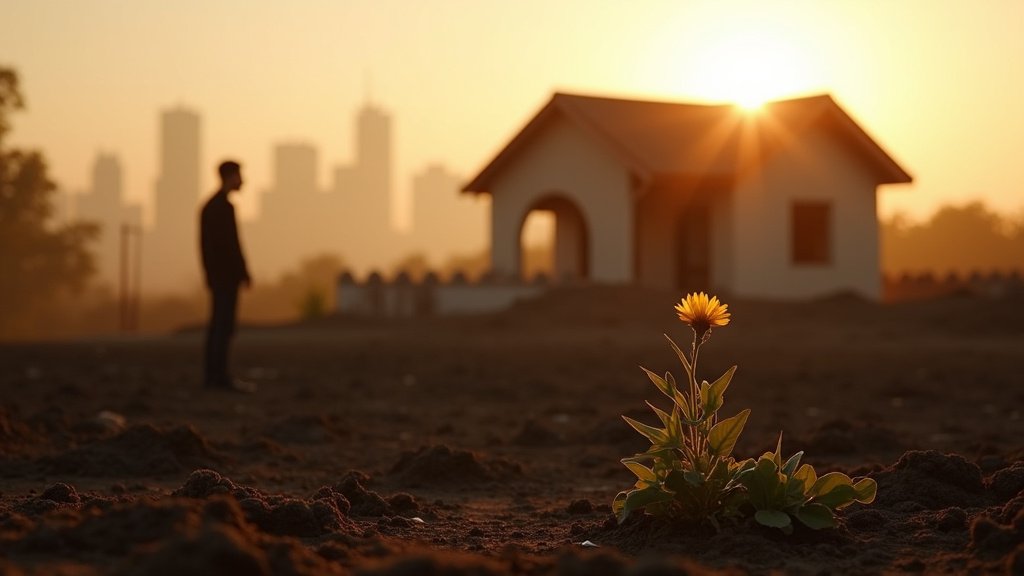Los Angeles is gearing up to host the 2028 Olympic and Paralympic Games, and with just over three years to go, the organizing committee has unveiled a comprehensive Impact and Sustainability Plan designed to redefine what it means to host a global mega-event. This ambitious roadmap outlines a vision for the Games deeply rooted in the spirit of reinvention, resilience, and community upliftment that characterizes California. The plan prioritizes minimizing negative environmental and social impacts while maximizing positive contributions, aiming to create a lasting legacy that extends far beyond the closing ceremony.
At the heart of the LA28 strategy are four guiding principles: radical reuse, inclusivity, community benefit, and resilience. This framework informs a “no-build, transit-first” approach, a significant departure from the extensive new construction often associated with past Olympic Games. Instead, LA28 is committed to leveraging the city’s existing world-class venues and infrastructure, a strategy that promises substantial cost savings and a considerably reduced environmental footprint. This commitment to adaptive reuse aligns with the principle that the most sustainable building is often the one already built, celebrating Los Angeles’ Olympic heritage while embracing innovation. The plan emphasizes maximizing the use of existing sports facilities and temporary structures, with a goal to reuse or recycle at least 90% of materials used for temporary infrastructure and overlays. A community donation program will also ensure that equipment and materials find new life locally after the Games conclude.
A cornerstone of the sustainability efforts is the “Resilient by Nature” initiative, directly inspired by Los Angeles’ experience with devastating wildfires and other environmental challenges. This program focuses on three key areas: wildfire resilience and nature restoration, ocean protection, and urban cooling solutions. To bolster these efforts, LA28 will launch a Community Resilience Fund by early 2026, providing grants to local non-profit organizations dedicated to environmental projects. LA28 has also become a signatory of the Sports for Nature Framework, underscoring its commitment to using sport as a catalyst for nature conservation and restoration within the Los Angeles region.
Beyond environmental stewardship, the plan places a strong emphasis on social and economic impact. The PlayLA initiative, a $160 million investment co-founded by the International Olympic Committee and LA28, aims to make youth sports more affordable and accessible, targeting 2 million enrollments across more than 40 sports by 2028. This program represents one of the largest investments in youth sports development in California’s history, seeking to embed a legacy of healthy lifestyles and opportunities for young people. Complementing this, the Community Business Supplier Programme aims to channel economic benefits directly into the region, with a commitment to source 75% of addressable spend from local businesses and 25% from small businesses. This initiative is designed to create pathways for local and minority-owned businesses to secure contracts, fostering economic growth and empowering communities. Community engagement has been vital in shaping these plans, with LA28 conducting extensive consultations with civil society organizations, labor representatives, academics, and civic leaders over a two-year period.
The commitment to sustainability extends to transportation and energy. LA28 is championing a “transit-first” strategy, aiming for a “no-car” Games for spectators, encouraging the use of public transportation, and ensuring that buses in the Games’ enhanced transit system are zero or near-zero emission. Furthermore, the organizing committee aims to achieve “Energy Positive Games,” generating more energy through renewable sources and efficiency efforts than consumed. This includes a pledge to purchase 100% renewable electricity for venues and to maximize the use of lower-carbon temporary power technologies like batteries and solar where needed.
This holistic plan draws inspiration from Los Angeles’ unique culture of creativity and its demonstrated resilience in overcoming challenges. It reflects a deep understanding that the success of the Games should be measured not just by athletic achievements, but by the enduring positive impact left on its communities. As current news highlights, this forward-thinking approach is setting a trending benchmark for future Olympic and Paralympic Games, showcasing how large-scale events can be powerful catalysts for social good and environmental progress. The LA28 Games are poised to be more than a sporting spectacle; they are envisioned as a transformative force, leaving a lasting, sustainable legacy for Los Angeles and the world.





